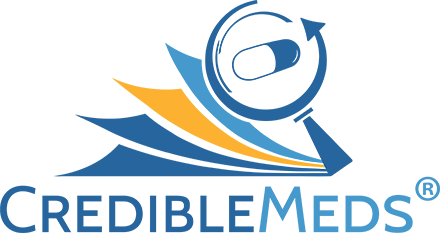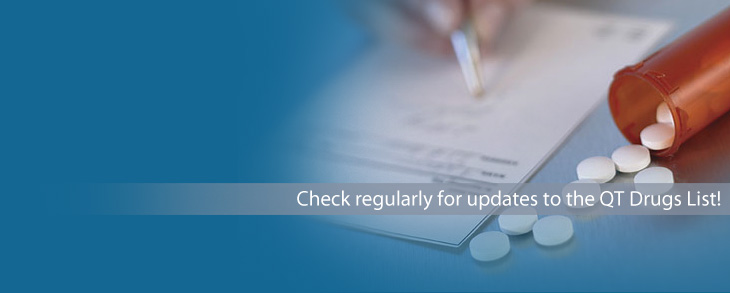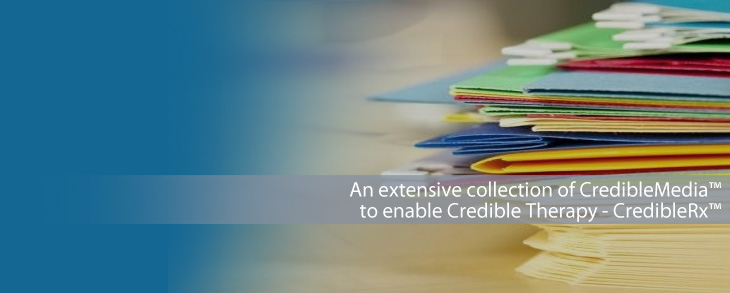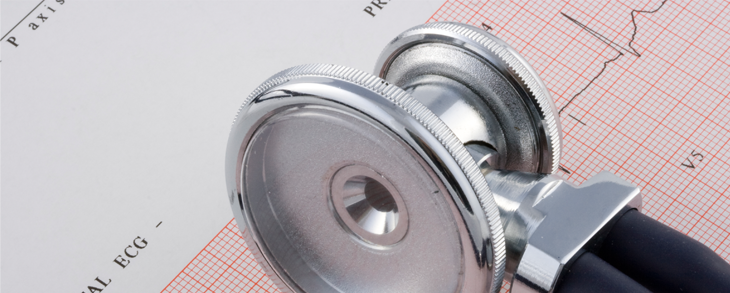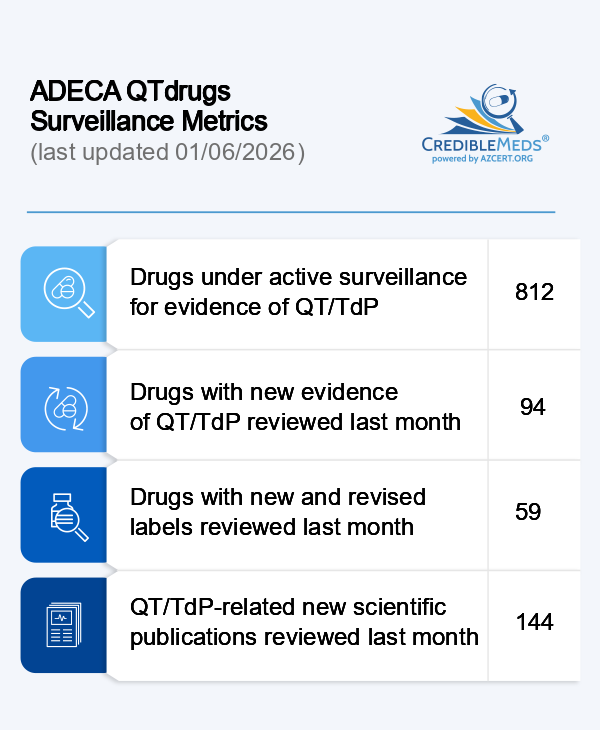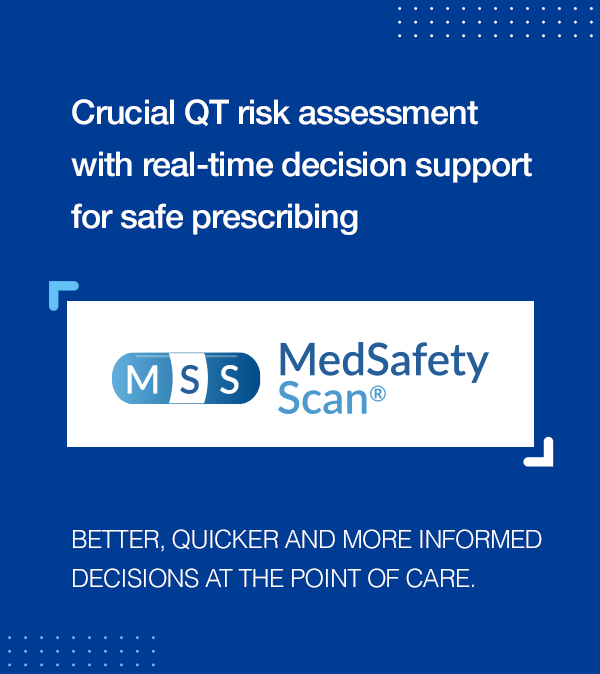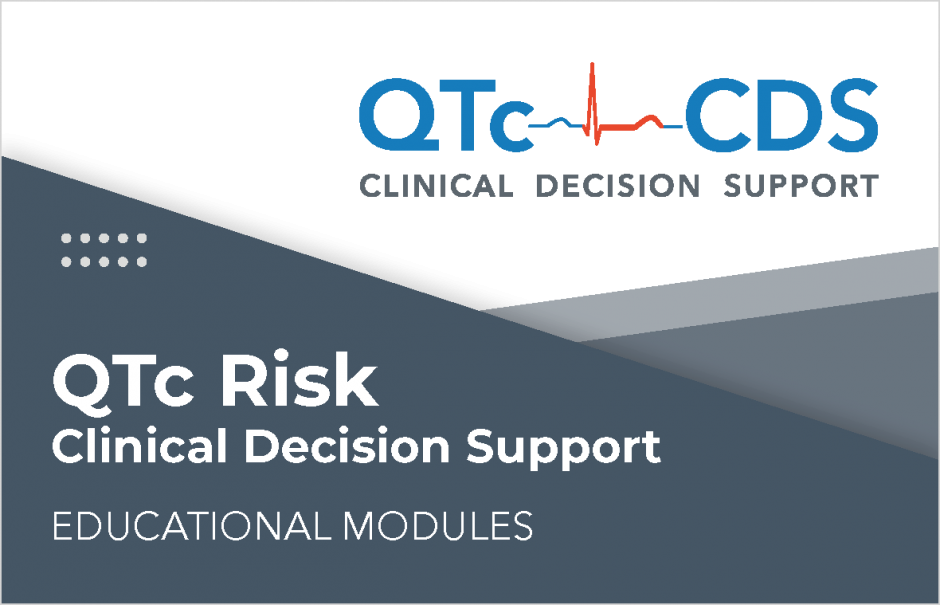Prescription medicines cause an estimated 100,000 deaths each year in the US—the fourth leading cause of preventable death. In addition to the human costs, the societal cost of poor prescribing and misuse of medications was estimated to be $289 billion annually in 2009.
One might ask, since the pharmaceutical industry is required to spend billions of research dollars to generate scientific information on new drugs, how could such harm still occur? The information that is needed to guide the safe and effective use of medicines is in today’s FDA-approved drug labels. However, this massive amount of information is not being effectively managed by prescribers, pharmacists and nurses.
The result: research has shown that only about half of patients who could benefit from a new medicine ever receive a prescription, even decades after the medicine has reached the market. At the same time, drugs are often prescribed “off label” for illnesses that have not been previously investigated. Patients with high-risk and untested conditions—e.g., children, the very elderly, or patients with kidney failure, liver failure or heart disease—are regularly prescribed potentially dangerous medicines. Also, medications are often co-prescribed with others and can result in potentially dangerous interactions. The FDA-approved drug label and warnings about these and other hazards often go unheeded by prescribers. Numerous studies show that up to 90-95% of warnings for potential prescribing errors are either ignored or over-ridden.

In other industries, such as commercial airlines and automobiles, manufacturers have developed innovative technologies to assure that their products perform optimally and safely. Airline pilots have decision support systems. Autopilots scan the incoming data and automatically suggest a change in course when there is danger ahead such as turbulent air. Our automobiles today have multiple sensors that can warn of impending collisions and systems that take control to prevent accidents.
Is our personal health and safety any less important than our safe travels? The technology is available today that can make our medical therapies as safe as airplanes and cars. Therapeutic “autopilots” can improve prescribing by helping prescribers manage the massive amount of information that is buried in the drug labels and in the patient’s electronic medical record. For example, only 50% of patients respond favorably to a prescribed medication, and many experience serious or life-threatening side effects. Operating in the background, autopilots can provide both prescribers and patients valuable guidance by identifying and helping manage the therapies that are most likely to heal and least likely to harm. Soon these autopilots will be added to the electronic health record systems and accessed as an app, just like on a smart phone. This new technology, like that being developed by CredibleMeds for the safe use of antibiotics, will enable the optimal delivery of personalized, precision medicine and save lives.
* References provided on request
